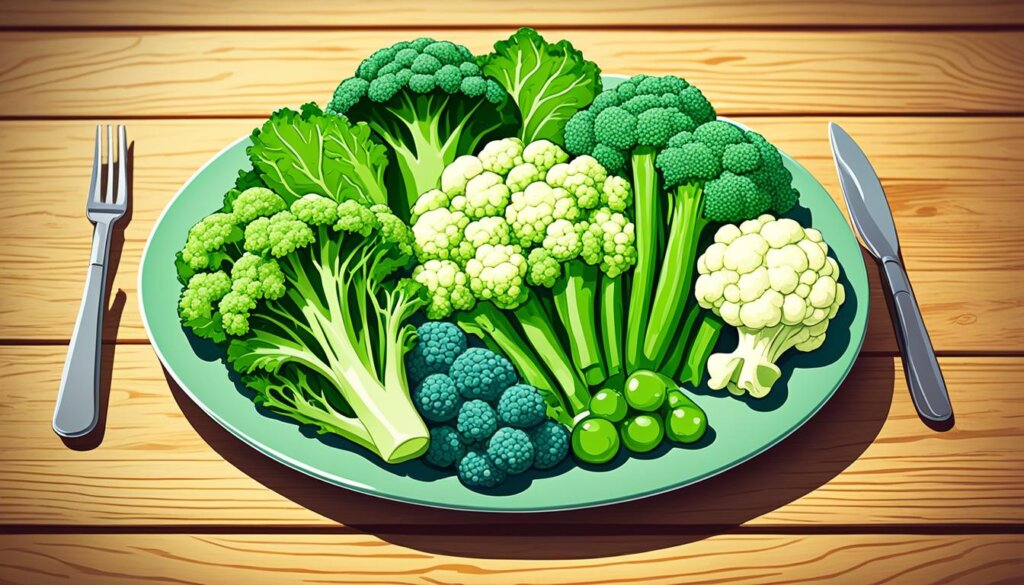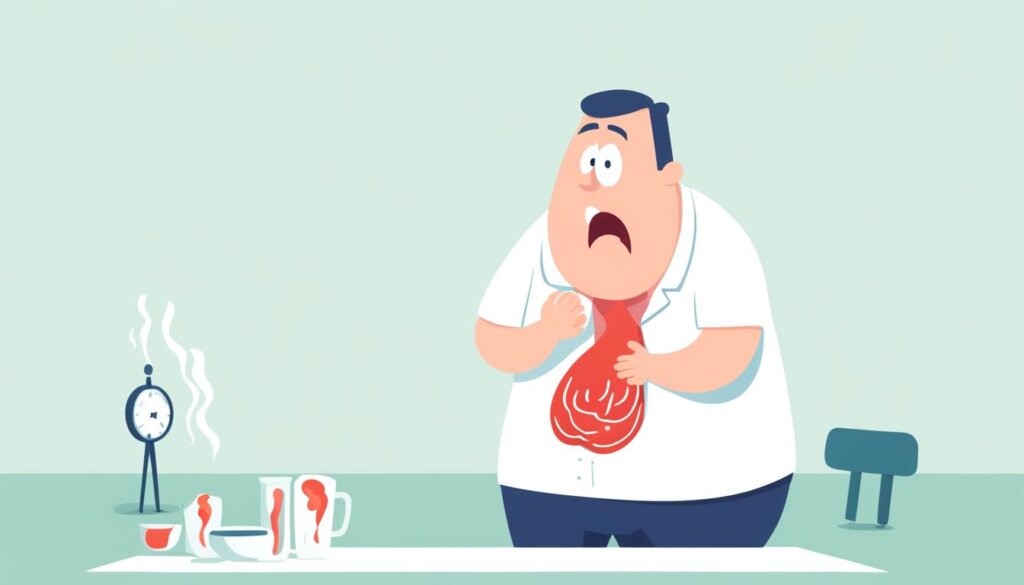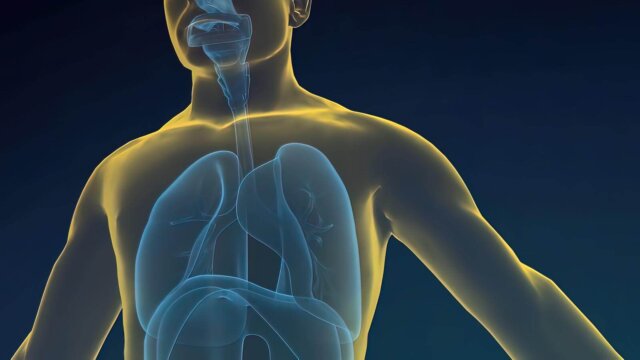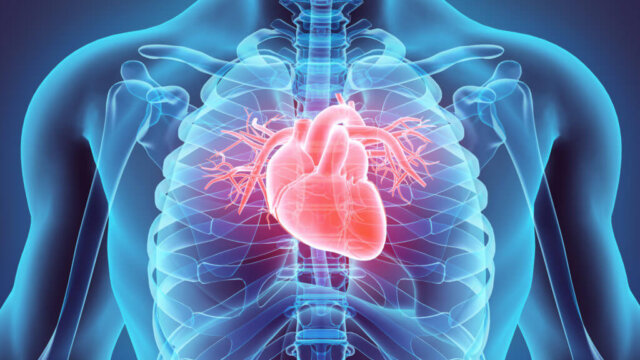FTC disclaimer: This post may contains affiliate links and we will be compensated if you click on a link and make a purchase.
Did you know some people burp up to 10 times a minute? This can really affect their daily life and work. For others, it’s even worse, with some burping up to 20 times a minute during “attacks.” Burping is normal, but too much can be a big problem.
Everyone burps, it’s how our body gets rid of gas. But how often and why it happens can be different for everyone. Knowing about burping can help you deal with it better in different situations.
Key Takeaways
- Excessive belching can occur up to 10 times per minute, significantly impacting daily life.
- Supra-gastric belching can lead to burping up to 20 times per minute during “attacks.”
- Lifestyle habits like eating quickly and chewing gum can increase air swallowing and lead to excessive belching.
- Diagnostic tests can help identify the underlying causes of excessive burping, such as reflux disease or bacterial overgrowth.
- Burping etiquette and social norms vary across cultures, with some viewing it as acceptable while others consider it offensive.
What is Burping?
Burping, also known as belching, is when gas comes out of the digestive system. It often happens when we swallow air while eating, drinking, or talking. Having up to four burps after a meal is normal. But if you burp a lot, it could mean you have a health issue.
Understanding the Science Behind Burping
The science of burping is simple. Gas builds up in the stomach and esophagus for many reasons. The body then lets out this gas through the mouth. This is called gastric belching, where gas moves up from the stomach. There’s also supra-gastric belching, which happens when people suck in air and then push it out quickly.
Gastric Belching vs. Supra-gastric Belching
Gastric belching and supra-gastric belching are different. Gastric belching is the usual burp, where gas comes from the stomach. Supra-gastric belching is when people suck in air and then push it out fast as a burp.
Characteristic | Gastric Belching | Supra-gastric Belching |
|---|---|---|
Origin of Gas | Stomach | Esophagus |
Mechanism | Gas rising from the stomach | Subconscious air swallowing and rapid expulsion |
Associated Conditions | Gastroesophageal reflux disease (GERD), indigestion, irritable bowel syndrome (IBS) | Anxiety, stress, habit |
“Burping is a natural and common occurrence, but excessive or persistent burping may be a sign of an underlying health condition.”
Common Causes of Excessive Burping
Excessive burping can be frustrating and embarrassing. Knowing why it happens can help you deal with it. Swallowing too much air, or aerophagia, is a big reason. This can happen if you eat or drink too fast, chew gum, or use a straw.
Another cause is gastroesophageal reflux disease (GERD). This is when stomach acid goes back up into the esophagus. It can make you burp a lot, and you might feel heartburn or taste something sour.
Carbonated Beverages and Fizzy Drinks
Drinking carbonated drinks also leads to a lot of burping. These drinks have carbon dioxide gas that can make you burp. Drinking less of these drinks or choosing non-carbonated ones might help you burp less.
Condition | Potential Causes of Excessive Burping |
|---|---|
Aerophagia | Eating or drinking quickly, chewing gum, using a straw |
Gastroesophageal Reflux Disease (GERD) | Backflow of stomach acid and contents into the esophagus |
Carbonated Beverages and Fizzy Drinks | Release of carbon dioxide gas |
Gastrointestinal Conditions | Hiatal hernia, small intestine bacterial overgrowth, stomach infections |
Food Intolerances | Lactose, gluten, fructose, and sorbitol intolerances |
Pancreatic Insufficiency | Inadequate food digestion leading to malabsorption and gas production |
Excessive burping is mostly due to stomach diseases, not just what you eat and drink. Things like hiatal hernia, small intestine bacterial overgrowth, and stomach infections can cause it. Food intolerances, like not being able to handle lactose or gluten, can also make you burp a lot. And if your pancreas isn’t working right, you might not digest food well, leading to more burping.

If you’re burping a lot, watch what you eat and drink, and think about any health issues you might have. Talking to a doctor can help figure out why and find a way to stop.
Dietary Factors Linked to Excessive Burping
Your diet can greatly affect how often you burp. Some foods and drinks can make you burp more because they create gas. Things like chewing gum, hard candy, and fizzy drinks can cause this.
Chewing gum and sucking on hard candy can lead to swallowing more air. Fizzy drinks make carbon dioxide bubbles that you burp out.
The Role of Cruciferous Vegetables
Vegetables like broccoli, cauliflower, and Brussels sprouts can make you burp a lot. They have a lot of fiber and a sugar called raffinose. This sugar can be hard for some people to digest, causing gas and more burping.
Food Intolerances and Allergies
Food intolerances and allergies can also make you burp more. If you have lactose intolerance or celiac disease, your body may not break down certain foods well. This can lead to more gas and burping.
Keeping track of what you eat and writing it down can help you figure out what makes you burp. Changing your diet and finding out if you have food intolerances or allergies can help you feel better.

Food or Condition | Link to Excessive Burping |
|---|---|
Chewing gum, hard candy | Increased air swallowing |
Fizzy beverages | Carbon dioxide bubbles |
Cruciferous vegetables | High in fiber and raffinose |
Lactose intolerance, celiac disease | Difficulty digesting certain foods |
“Paying attention to your dietary triggers and keeping a food diary can help you identify the culprits behind your burping episodes.”
Burping and Digestive Disorders
Burping can be a sign of digestive problems. Gastritis, or stomach inflammation, can cause more gas and burping. This is often due to alcohol, some medicines, or a H. pylori infection. If not treated, it can lead to stomach ulcers, which also increase gas and burping.
Irritable bowel syndrome (IBS) is linked to burping, along with stomach pain, bloating, and bowel changes. Sometimes, burping and stomach issues from indigestion or gas are normal and don’t need a doctor. But, if symptoms keep happening, see a doctor. Look out for bloating, too much gas, nausea, vomiting, pain, bowel changes, bloody stool, severe pain, losing weight, or not feeling hungry.
Gastritis and Stomach Ulcers
Gastric belching is normal and can be checked with tests. It can cause gastroesophageal reflux disease. To lessen belching, eat slowly, avoid gum and hard candies, skip carbonated drinks, quit smoking, and treat reflux.
Irritable Bowel Syndrome (IBS)
Supragastric belching can happen a lot and is common with reflux and some eating disorders. It can be helped by talking to a speech pathologist and may happen with rumination. Rumination is when you bring up food from your stomach and swallow it again. It can also be treated with speech therapy.
Some foods and drinks can make you feel bloated or uncomfortable. These include carbonated drinks, beer, starchy foods, sugary snacks, and high fiber foods. If you feel a burning in your stomach or chest with burping, it might be indigestion or heartburn. This can come from eating too much fat, fried foods, caffeine, alcohol, or chocolate.
Indigestion can come from using NSAIDs or H. pylori infections. Burping and stomach pain can also be signs of gastroesophageal reflux disease (GERD) or irritable bowel syndrome (IBS).
If you keep having burping and stomach pain, a doctor might suggest tests like blood tests or a breath test for H. pylori infection.

“Occasionally, persistent burping can be a sign of a more serious underlying condition, so it’s important to consult a healthcare professional if it becomes a frequent issue.”
Burping Etiquette and Social Norms
Burping rules change a lot from one culture to another. In some South Asian places, burping shows you enjoyed your meal. But in Japan and many Western countries, it’s seen as rude. In the Middle East, don’t burp loudly in public; try to keep it quiet.
What’s okay to do and what’s not is often based on what people think is polite. Sneezing gets a “bless you” from others, but burping doesn’t get the same attention. The author points out that we don’t excuse ourselves for burping like we do for sneezing.
While farting might be more accepted, burping is still seen differently. The author likes a good burp and remembers when it was fun. But, it’s smart to think about the culture before you let one rip in a new place. The best thing to do is swallow your burps to keep things polite, especially in formal places.
With friends or family, burping is often okay because everyone is more relaxed. Knowing the cultural rules is key to being polite with burps in different situations.

“Burping is not the same as farting, and it shouldn’t be treated as such. A good burp can be quite enjoyable, and I have many fond memories of times when burping was considered fun rather than taboo.”
Burping in Infants
Infants often get gas in their stomachs during feeding. Burping them helps get rid of this trapped air. There’s no strict rule on when to burp a baby. Some babies need it during feeding, while others after. Some might spit up milk while burping, which is normal. The National Breastfeeding Helpline offers support at 0300 100 0212, open from 9:30 am to 9:30 pm daily.
Safe and Effective Techniques for Burping Babies
To burp an infant, place them in a position that helps gas come out, like against your shoulder. The American Academy of Pediatrics suggests burping babies often, even if they don’t seem uncomfortable or pass gas. Bottle-fed babies often need burping more than breastfed ones because they swallow more air. The formula can cause gas in formula-fed babies, while breastfed babies might get it from what their mom eats.
- Common foods that may cause gas in breastfed babies include beans, high-fiber foods, cruciferous vegetables, sugar-free candies, dairy, and chocolate.
- Burping techniques vary, including over-the-shoulder, sitting on the lap, or face-down on the lap positions to release gas bubbles.
- Parents are advised to burp babies naturally during feedings and not to disrupt feeding unnecessarily with frequent attempts at burping, which might increase the air swallowed.
- Different burping positions like over-the-shoulder, lap-sitting, or lying down are suitable for coaxing burps out of babies.
- As babies age and their digestive systems mature, burping becomes less necessary around 4 to 6 months old, especially as they start eating solid foods.
If burping doesn’t help, other methods like gentle stomach massages or checking what the parent eats might help find the cause of the gas.
Gassiness without other symptoms is usually okay but watch for signs like high temperature, diarrhea, bloody stools, too much fussiness, or trouble settling down. This could mean something else is wrong and you should see a doctor. If a baby vomits a lot after feeding, it’s not normal and you should talk to a healthcare provider.
Burping Technique | Description |
|---|---|
Leaning | Hold the baby upright against your shoulder, supporting their head and neck. Gently pat or rub their back. |
Sitting | Sit the baby on your lap, supporting their head and neck. Gently pat or rub their back. |
Laying | Lay the baby face-down on your forearm, supporting their head. Gently pat or rub their back. |
Most babies stop needing to be burped by 4-6 months old. Nursing moms should try to burp their baby when switching breasts. Parents should burp their baby every 2-3 oz. if bottle-fed (60 – 90 mL). If a baby can’t burp after trying for a few minutes, try a different method or keep feeding.
Belching Contests and Burped Speech
Burping has turned into more than just a natural act. It’s now a key part of contests and competitions. The Guinness World Record for the loudest burp is 112.4 decibels, set in 2021. These contests highlight the skill of making loud, long burps, with the record being 1 minute, 13 seconds, and 57 milliseconds.
But it’s not just for fun. After a laryngectomy, a surgery to remove the voice box, some people use burped speech to talk. This method helps them communicate by using the throat to make sounds like speech.
Some kids use burped speech for fun or as a challenge. It’s also a big help for those who can’t speak normally. In places like Bengal, burping out loud is a way to say thanks after eating. It shows how different cultures view this act.
| Burping Contests in Popular Media |
|---|
| Klein and Calvin have a belching contest in the fanfic Calvin and Hobbes: The Series. Jimmy beats Cindy in a burping contest in the Jimmy Neutron fanfic Chaotic Gas, chapter three. In “Education For Femininity” of Time Fixers: Nicktoons of the Future, Poof wins a burping contest against the Nicktoons. |
From TV shows to fan stories, burping contests are everywhere. They show how we express ourselves and find fun in our natural sounds.
Burping in Other Animals
Burping is not just for humans. Many animals like cows, dogs, and sheep do it too. Insects make gas through their gut microbes but they don’t burp like we do. But, animals like cows and sheep burp methane, which affects the environment.
Ruminant Burping and Environmental Impact
Cows and sheep burp a lot of methane during digestion. In fact, cows’ burps make up 26 percent of the US’s methane emissions. Methane is a strong greenhouse gas, more powerful than carbon dioxide. So, their burping is a big problem for the environment.
Scientists are looking for ways to lessen this effect. Using seaweed can cut methane in cow burps by over 60%. Also, adding 3-nitrooxypropanol (3NOP) to their food can reduce methane by up to 30%. After just two weeks, cow burps went down by about 30% with 3NOP.
But, cows’ stomachs can adjust, making it hard to find lasting ways to lower methane. Still, 3NOP is seen as the best way to cut methane, say scientists.
Ruminant Burping Impacts | Mitigation Strategies |
|---|---|
26% of US methane emissions come from cow burps | Feeding cows Asparagopsis taxiformis (red seaweed) can reduce methane in burps by over 60% |
Methane has 25 times more impact on climate than CO2 over 100 years | Mixing cow feed with 3-nitrooxypropanol (3NOP) can reduce methane in burps by up to 30% |
Grass-fed cows produce twice as much methane compared to grain-fed cows | Burped methane decreased by 30% after just 2 weeks of using 3NOP |
“3NOP is considered the most promising solution for reducing methane in cow burps, according to scientists.”
Burping: When to Seek Medical Attention
It’s normal to burp sometimes, but too much or often might mean you should see a doctor. This is true if you have other alarming symptoms. These symptoms include trouble swallowing, not wanting to eat, losing weight without trying, vomiting a lot, bleeding in the stomach area, constant stomach pain, or changes in bowel movements.
Just having a lot of burps doesn’t mean you have cancer. But if you have these burps and other symptoms, it could be a sign. You should see a doctor.
- Eating or drinking too fast, drinking fizzy drinks, and feeling anxious can make you swallow a lot of air.
- Some foods like those with a lot of starch, sugar, or fiber, fizzy drinks, and alcohol can also make you burp a lot.
- Health issues like GERD, gastroparesis, gastritis, peptic ulcers, lactose intolerance, and infections like Helicobacter pylori can cause a lot of burping.
If you keep burping a lot and it hurts a lot or your stomach stays bloated, you should get medical attention. This is to figure out why and get help.
“Excessive or frequent belching can warrant medical attention if accompanied by severe abdominal pain or prolonged stomach distention.”
To stop burping, eat slowly, avoid some foods and drinks, try probiotics, and manage your stress. Doctors might use exams, X-rays, scans, or tests to check for burping problems.
Remember, it’s okay to burp sometimes. But if it happens a lot or with other alarming symptoms, see a doctor. They can check for any health issues that need treatment.
Conclusion
Burping is a common and natural act, but it can sometimes show health issues or cause discomfort. It happens up to 30 times a day and affects up to 50% of people with stomach problems. If you burp a lot or often, it might mean you have a health issue like GERD, IBS, or gastritis.
How people see burping varies by culture. It’s key to know when it’s okay to burp and when it’s not. Eating slowly, avoiding fizzy drinks, and managing stress can help reduce burping. But if burping is a big problem or you have other symptoms, see a doctor to find out why and get help.
Knowing about burping can help you handle it better and keep your stomach healthy. About 3.4% of people with stomach issues see doctors for it, and half of those with GERD also have it. Paying attention to your burping and getting help when needed keeps your stomach in good shape.
FAQ
What is burping?
Burping is when gas from the upper digestive tract comes out through the mouth. It’s usually loud and can happen after eating or with certain health issues.
What are the two main types of belching?
There are two main types of belching. Gastric belching is when gas from the stomach comes up. Supra-gastric belching is when air goes into the esophagus and comes out as a burp before it reaches the stomach.
What are some common causes of excessive burping?
Eating too much air, acid reflux, and drinking fizzy drinks can cause a lot of burping.
How can certain foods and dietary factors contribute to excessive burping?
Foods like broccoli and cauliflower can make you burp because they are hard to digest. If you can’t digest certain foods well, like lactose or gluten, you might burp a lot.
What digestive disorders are associated with burping?
Conditions like stomach problems, ulcers, and irritable bowel syndrome can make you burp a lot.
How does the social acceptability of burping vary across cultures?
Burping is seen differently around the world. In some places, it means the food was good. In others, it’s seen as rude.
How do parents help infants expel gas through burping?
Babies get gas from eating and need help to burp. Parents use special positions and pats on the back to help them.
Are there any records or unusual uses associated with burping?
Yes, there are records of the loudest burp ever made. People can also burp on purpose and use the air to make sounds, helping those who can’t speak clearly after surgery.
Do other animals also burp?
Yes, animals like cows, dogs, and sheep burp too. Cows and sheep burp a lot and this gas is part of their digestion, which affects the environment.
When should you seek medical attention for excessive burping?
If you’re burping a lot and it’s not normal, see a doctor. Look out for other signs like trouble swallowing or losing weight, which could mean something serious.








